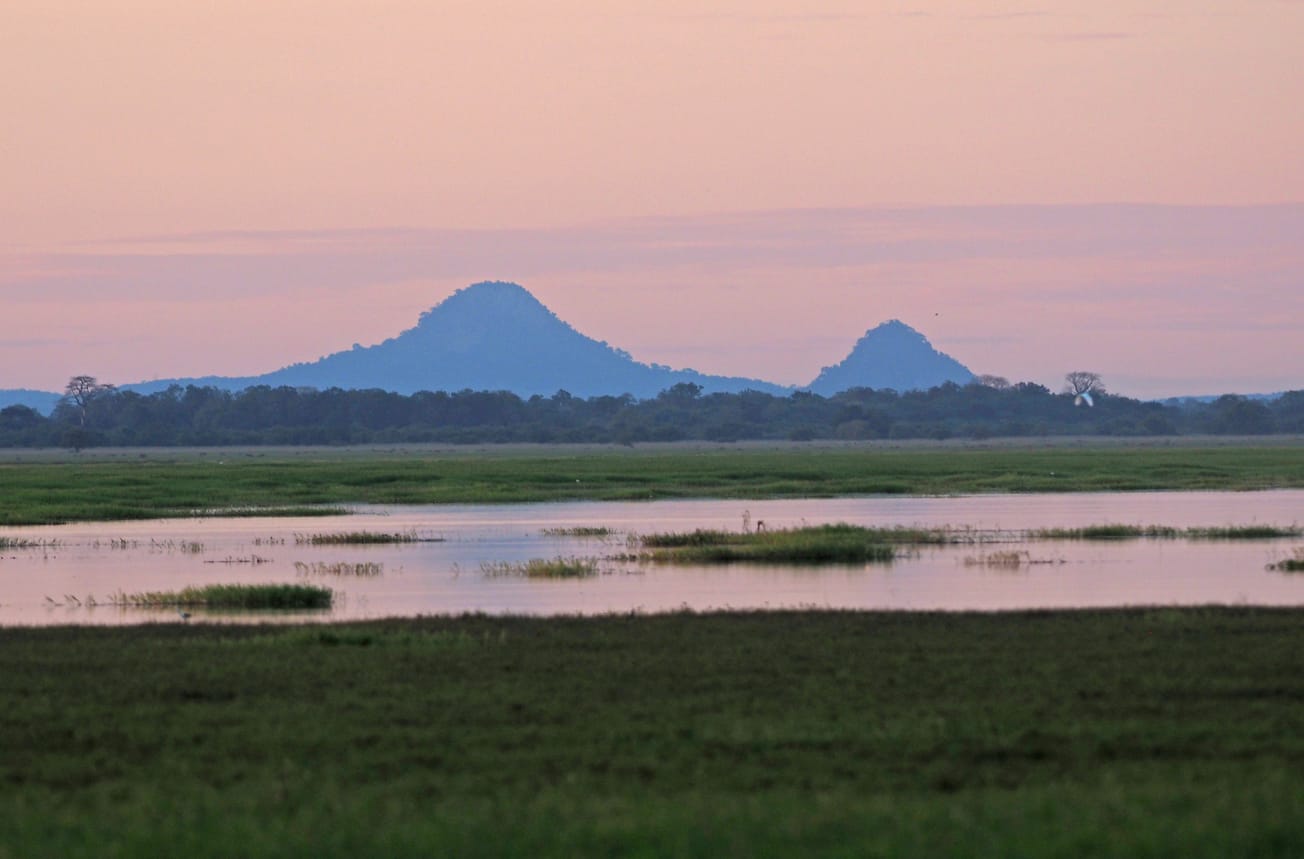Conservation — Top Story — C4ADS — CAM Internacional — China — Illegal Logging — Jinlong Minxin Madeira Lda. — Jinlong Pan — Jiye Zhuo — Kaman Lau Ming Kwan — Mondzo — MTA — Nkula — Timber — Timber Smuggling
Chinese logger exports thousands of tonnes of Mozambican timber in defiance of ban
Chinese import records show that Mozambique’s top timber exporter to China illegally exported at least 497 shipments of logs between 2019 and 2021, including 242 shipments of the protected Nkula and Mondzo species








